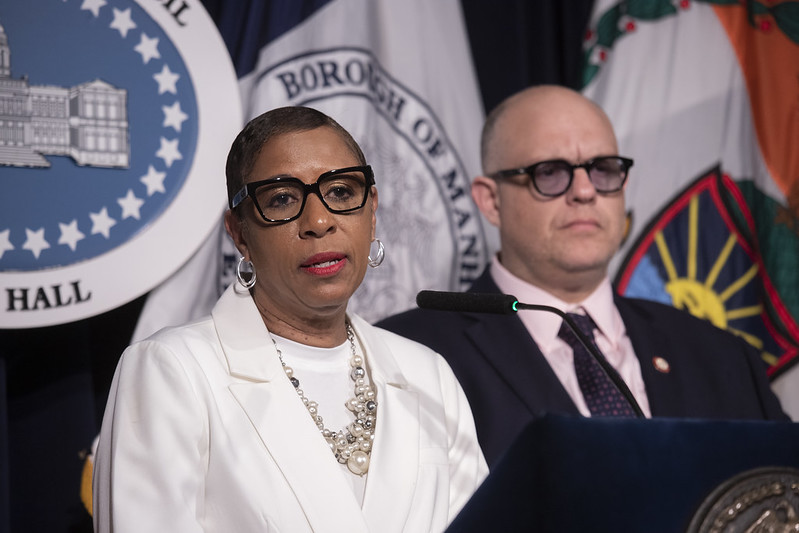OSLO (Reuters) – Norwegian energy firm Equinor and British utility SSE have agreed to jointly develop the world’s first 100% hydrogen-fuelled power plant in Britain, the companies said on Thursday.
Hydrogen is seen as a potential replacement for natural gas in power and heat generation, helping to achieve global climate goals.
Keadby Hydrogen plant would have a peak demand of 1,800 megawatt (MW) of hydrogen, generating around 900 MW of electricity and reduce emissions from Britain’s most carbon-intensive industrial cluster in Humber, north-east England, the companies said.
“With appropriate policy mechanisms in place, Keadby Hydrogen could come online before the end of the decade,” they added.
In addition, Equinor and SSE plan to build a 900 MW natural gas-fired power plant at Keadby, fitted with carbon capture technology to reduce emissions.
The carbon dioxide (CO2) released when natural gas is burned will be captured and permanently stored under the seabed in the Southern North Sea.
The Keadby 3 plant could potentially start by 2027, with Equinor and SSE planning to submit a development consent application this spring, the companies said.
Equinor is also involved in a project to produce hydrogen from natural gas at Saltend Chemicals Park near Hull, while also capturing and permanently storing associated CO2.
The project, called H2H Saltend, could supply low-carbon hydrogen to the Keadby Hydrogen power plant, Equinor said.
Most of the hydrogen in the world is produced by reforming natural gas today, but the process also emits CO2 and is not sustainable. Carbon capture could reduce the associated emissions by around 90%.
Britain has a target to reach net zero carbon emissions by 2050, providing financial support to a number of decarbonisation projects.
(Reporting by Nora Buli, editing by Nerijus Adomaitis and Jason Neely)



















